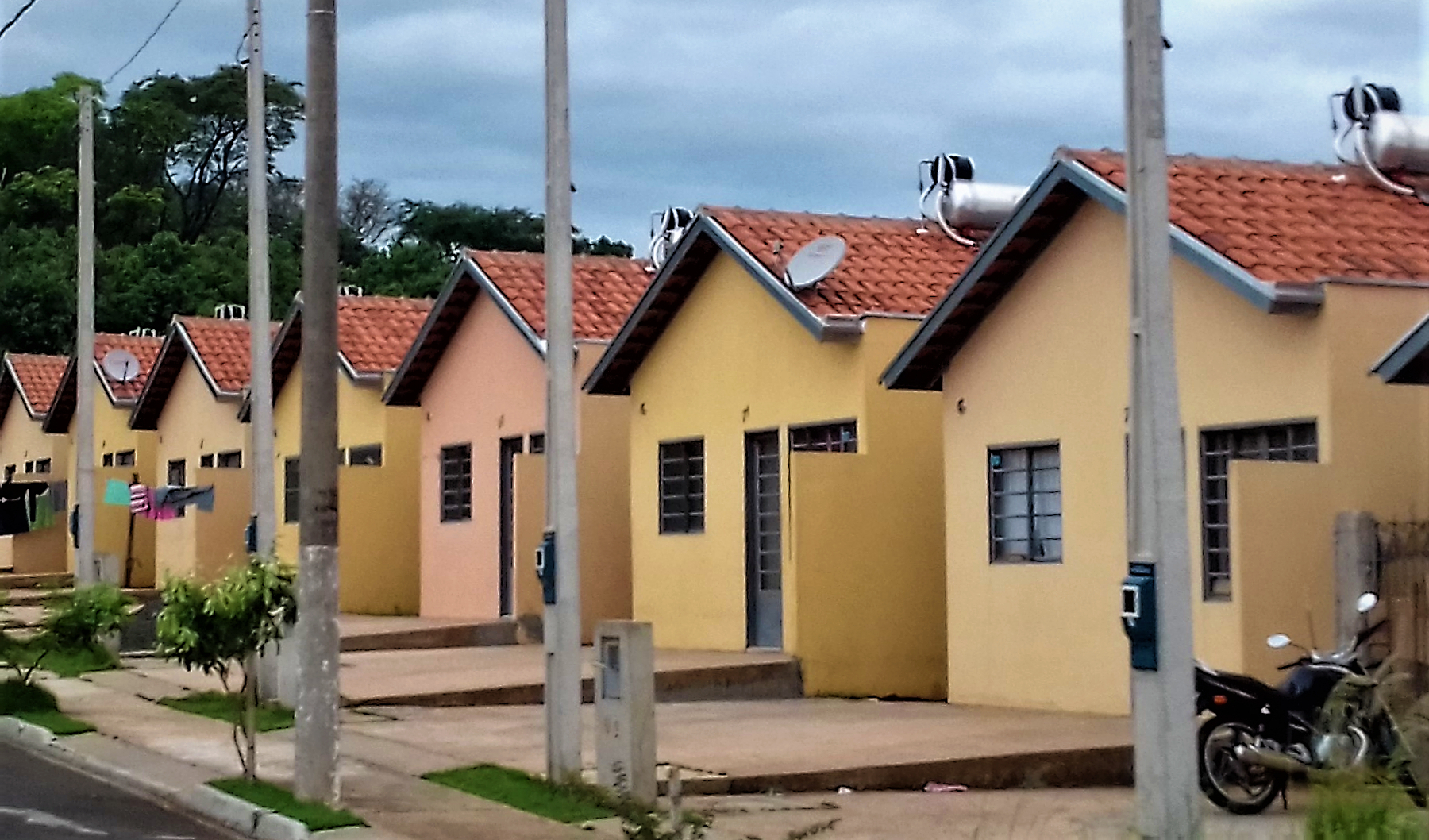Changes in Contemporary Brazilian Housing Policy: The Dismantling of Social Housing and Grassroots Mobilization
The document provides an insightful analysis of the changes in contemporary Brazilian housing policy, particularly focusing on the evolution of programs aimed at addressing the housing crisis. As Brazil grapples with significant urbanization challenges and a growing demand for affordable housing, understanding these policy shifts is critical for ensuring equitable access to housing for all citizens. This rewrite summarizes the key themes and developments outlined in the document while maintaining a natural flow.

Introduction
Brazil’s housing landscape has undergone considerable transformation over the past decade, influenced by economic shifts, political changes, and evolving social needs. The country’s approach to housing policy has been marked by both ambitious initiatives and significant challenges. This document explores the trajectory of Brazilian housing policy, highlighting key programs such as “My House, My Life” (Minha Casa, Minha Vida) and the recent transition to new frameworks under different administrations. By examining these developments, we can better understand the implications for low-income families and the broader urban environment.
The Housing Crisis in Brazil
Brazil faces a persistent housing crisis characterized by a severe shortage of affordable homes. Millions of families live in precarious conditions, often in informal settlements or favelas. Several factors contribute to this situation:
- Rapid Urbanization: The influx of people into cities has outpaced the development of adequate housing infrastructure. As urban populations swell, the demand for affordable housing continues to rise.
- Economic Inequality: Brazil’s economic disparities exacerbate the housing crisis, leaving low-income families struggling to access safe and stable living conditions.
- Historical Neglect: For decades, housing policies have often overlooked the needs of marginalized communities, leading to a lack of investment in affordable housing solutions.
Key Housing Policies
My House, My Life Program
Launched in 2009 during President Luiz Inácio Lula da Silva’s administration, the “My House, My Life” program aimed to provide affordable housing for low- and middle-income families. This initiative marked a significant shift in Brazil’s approach to social housing:
- Subsidies and Financing: The program offered substantial subsidies that could cover up to 90% of a property’s value for eligible families. This made homeownership more attainable for those who previously faced barriers due to high costs.
- Infrastructure Focus: A critical aspect of the program was its emphasis on integrating housing projects into urban areas with existing infrastructure. This helped avoid past mistakes where new developments lacked essential services.
- Impact on Homeownership: By 2020, millions of homes had been built under this program, significantly increasing homeownership rates among low-income populations.
Shift in Policy Under New Administration
However, with the election of President Jair Bolsonaro in 2018, Brazil’s housing policy underwent a dramatic shift:
- Green and Yellow House Program: In 2020, Bolsonaro introduced the Green and Yellow House Program (Casa Verde e Amarela), which replaced “My House, My Life.” This new initiative focused more on providing credit rather than subsidies, offering lower amounts of financial support to families.
- Increased Financial Burden: The shift meant that low-income families now faced higher interest rates and longer repayment periods. For instance, while previous subsidies could reach up to R$90,000 (approximately $17,000), the new program provided significantly less support—between R$30,000 and R$42,000 (about $5,800 to $8,000).
- Challenges for Low-Income Families: The transition to credit-based financing has raised concerns about affordability. Many low-income families struggle with debt even under previous subsidy models; thus, this change is likely to exacerbate financial pressures.
Current Developments and Future Directions
Despite these challenges, there are ongoing efforts to address Brazil’s housing crisis:
- Investment Plans: The Brazilian government has announced plans to invest R$278 billion (approximately $55 billion) in popular housing and urbanization projects by 2025. This funding aims to create up to 2.5 million housing units with reduced interest rates.
- Focus on Infrastructure: Future initiatives emphasize not just building homes but also ensuring that these developments are accompanied by necessary infrastructure such as transportation and sanitation services.
- Community Involvement: Engaging communities in planning processes is increasingly recognized as vital for creating effective housing solutions that meet local needs.
Conclusion
The evolution of Brazilian housing policy reflects both progress and setbacks in addressing one of the country’s most pressing social issues. While initiatives like “My House, My Life” made significant strides toward improving access to affordable housing for millions, recent shifts towards credit-based models raise concerns about sustainability and equity. As Brazil continues to navigate its complex urban landscape, future policies must prioritize inclusivity and community engagement while addressing the root causes of the housing crisis. By learning from past experiences and focusing on holistic solutions that encompass infrastructure and social support systems, Brazil can work towards a more equitable future where all citizens have access to safe and affordable homes.
For further reading:
Brazil unveils $15.5 billion housing program to boost the economy | Cities Alliance
Scaling-up Affordable Housing Supply in Brazil | UN-Habitat
